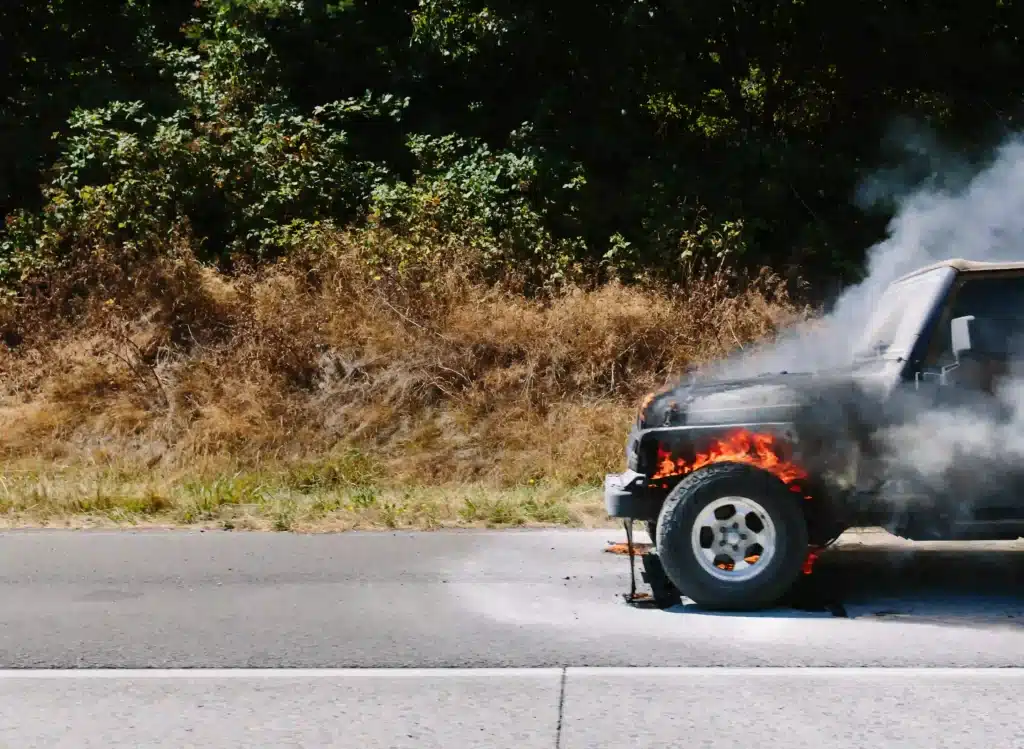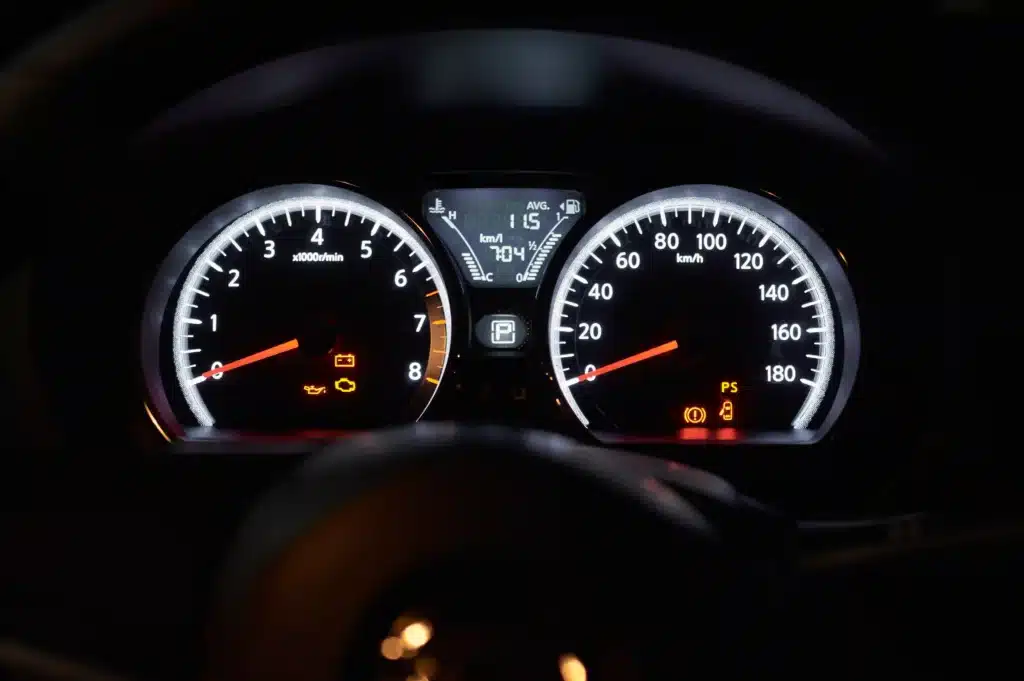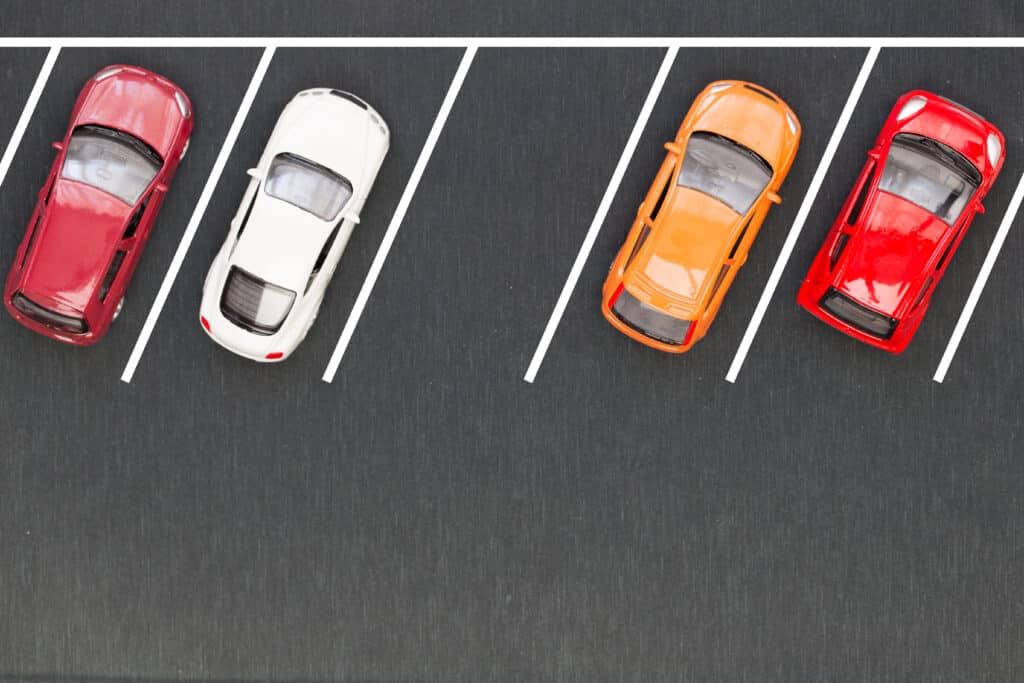California Lemon Law and Private Vehicle Sales
Home » Your Guide to Lemon Law Claims: Resources and Support » California Lemon Law and Private Vehicle Sales

Many people who are looking to buy a car may buy a used car either from a dealership or a private seller. However, the California Lemon Law does not protect used vehicles unless they are purchased as “Certified Pre-Owned” from a dealership. Your vehicle has to meet the lemon law criteria in order to qualify for a claim under the law.
Does the California Lemon Law apply to private vehicle sales?
No. The California Lemon Law does not apply to vehicles bought from private sellers. If you buy a vehicle from a private seller, buyer beware. The California only protects vehicles purchased from authorized dealerships, and that’s if the vehicles were sold with warranties issued by the auto manufacturers.
A private seller that is selling a used vehicle does not have the same legal obligations as an auto manufacturer or a dealership. A private seller is not responsible for vehicle production, acquiring parts, installing parts and other tasks taken on by an auto manufacturer or dealership.
How do warranties work with private vehicle sales?
A private seller is not obligated to offer a warranty for the vehicle. However, if the private seller bought the vehicle with a manufacturer-backed warranty, and the warranty is still active at the time of sale, it is possible for the seller to transfer the warranty.
However, not all warranties are transferrable. The seller would need to look at the terms of the warranty issued on the car. Manufacturer-issued warrantied for new or Certified Pre-owned vehicles are transferrable because they are associated with the vehicle’s VIN. In this case, the vehicle’s warranty is transferred by default.
That does not mean this private sale is covered by the lemon law. It simply means that you can get repairs from the manufacturer under that warranty.
Are private car sales “as is”?
The definition of an “as is” vehicle sale is one in which the vehicle seller disclaims all implied warranties associated with the vehicle. A vehicle being sold with an express warranty (a written warranty) cannot be sold “as is.”
A private seller does not have any obligation to offer a warranty for the vehicle. In addition, many private vehicle sales take place after the vehicles’ initial warranties end. In that respect, private party vehicle sales are generally “as is” or “with all faults.”
This also means that if you attempt to ask a private seller for a refund, the seller has no obligation to give you your money back.
What are California buyers’ rights when it comes to private vehicle sales?
The Car Buyer’s Bill of Rights requires authorized dealerships in California to provide lists for warranties, insurance and other financial items, provide buyers their credit score, and abide by auto financing fee caps when the dealer gets financing on your behalf. Since dealerships can mark certain used vehicles as “Certified Pre-Owned,” the Car Buyer’s Bill of Rights requires these used vehicles to meet specific criteria.
However, the Car Buyer’s Bill of Rights does not apply to private sellers. When buying a vehicle from a private seller, you generally incur all the risks that come with buying the vehicle.
Lemon Law Help by Knight Law Group is an automotive lemon law firm that exclusively practices in California, with offices in Los Angeles, San Francisco, Sacramento and Orange County. If you are a California resident who purchased or leased a defective vehicle from a licensed dealership in California, we may be able to help you get rid of your potential lemon and recover significant cash compensation. Model year restrictions apply: 2020–Present vehicle models only.
However, we cannot help those who reside outside of California or purchased their vehicle outside of California unless they are active duty members of the Armed Forces, nor will we be able to refer them to a lemon law firm in their states.
To learn more about the California Lemon Law and your legal rights, visit our guide on the California Lemon Law for more information.
Do You Have A Lemon Vehicle?
"*" indicates required fields





